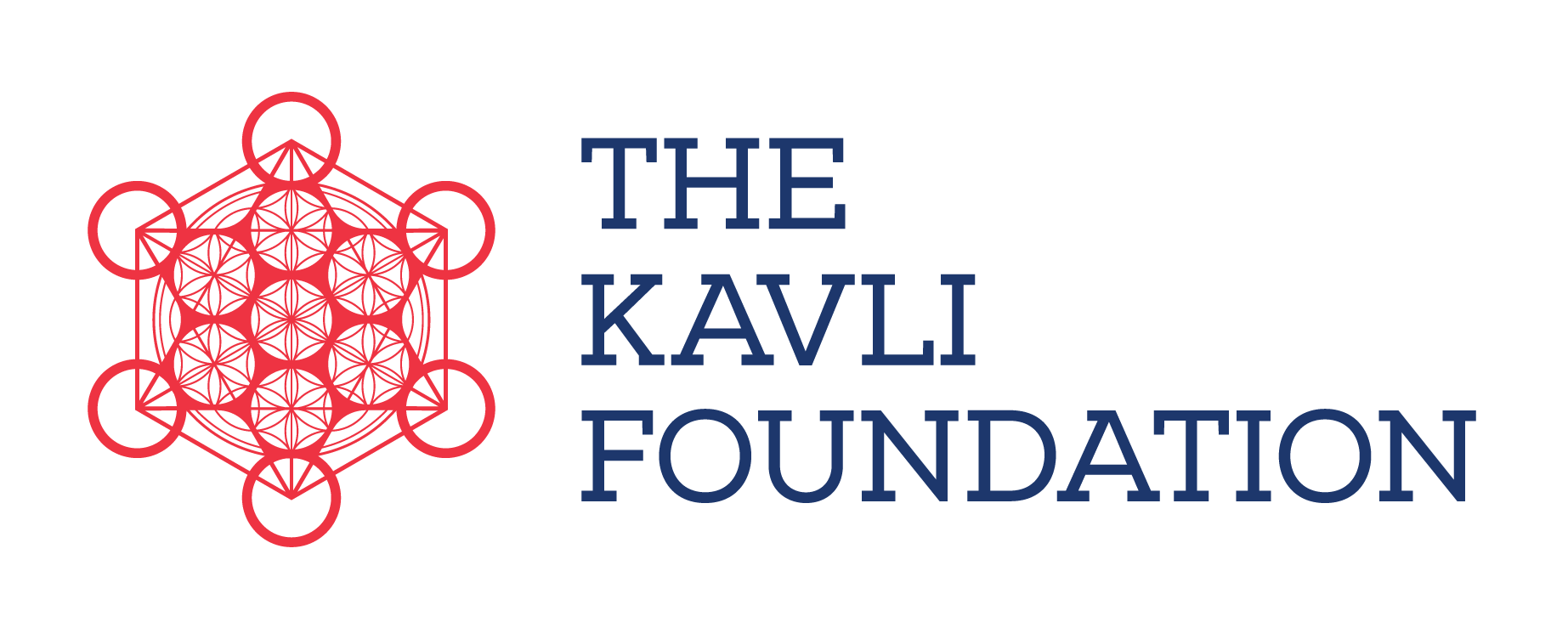September 5, 2013
Kavli Institute for the Physics and Mathematics of the Universe (Kavli IPMU)
An online lecture course "From the Big Bang to Dark Energy" by Professor Hitoshi Murayama, Director of the Kavli IPMU started on September 3. This course, brought by the University of Tokyo and Coursera, covers various topics on the discoveries about how the Universe evolved in 13.8 billion years since the Big Bang.
Anyone on the Internet can sign up and take the four-week-long free lecture course. Click on the link to go to the course page for an introductory video and to sign up. Students who successfully complete the class will receive a Statement of Accomplishment signed by the instructor. As of September 3, the course has 41351 registered students located all over the world.
Introductory video (1 min. 49 sec.)
Links
"From the Big Bang to Dark Energy" Course Website:
https://www.coursera.org/course/bigbang
Link to the introductory video
https://www.youtube.com/watch?v=TGHqg9HuxkE&feature=player_embedded#t=0
The University of Tokyo's website at Coursera
https://www.coursera.org/todai
Announcement by the University of Tokyo (Aug. 22, 2013)
http://www.u-tokyo.ac.jp/en/news/topics/933/
News on the agreement to deliver courses (Feb. 22, 2013)
Coursera website
https://www.coursera.org/
About Kavli IPMU
The Kavli Institute for the Physics and Mathematics of the Universe (Kavli IPMU) is an international research institute with English as its official language. The goal of the institute is to discover the fundamental laws of nature and to understand the universe from the synergistic perspectives of mathematics, astronomy, and theoretical and experimental physics. The Institute for the Physics and Mathematics of the Universe (IPMU) is established in October 2007 as one of the World Premier International Research Center Initiative (WPI) of the Ministry of Education, Sports, Science and Technology in Japan with the University of Tokyo as the host institution. IPMU was designated as the first research institute within Todai Institutes for Advanced Study (TODIAS) in January 2011. It received endowment from The Kavli Foundation and was renamed “Kavli Institute for the Physics and Mathematics of the Universe” in April 2012. Kavli IPMU is located on the Kashiwa campus of the University of Tokyo, and more than half of its full-time scientific members come from outside Japan.
Followings are the course information from the coursera website.
From the Big Bang to Dark Energy
Hitoshi Murayama
This course will cover various topics on the discoveries about how the Universe evolved in 13.7 billion years since the Big Bang.
Workload: 5-6 hours/week
About the Course
We have learned a lot recently about how the Universe evolved in 13.7 billion years since the Big Bang. More than 80% of matter in the Universe is mysterious Dark Matter, which made stars and galaxies to form. The newly discovered Higgs-boson became frozen into the Universe a trillionth of a second after the Big Bang and brought order to the Universe. Yet we still do not know how ordinary matter (atoms) survived against total annihilation by Anti-Matter. The expansion of the Universe started acceleration about 7 billion years ago and the Universe is being ripped apart. The culprit is Dark Energy, a mysterious energy multiplying in vacuum. I will present evidence behind these startling discoveries and discuss what we may learn in the near future.
Course Syllabus
Week 1: From Daily Life to the Big Bang
Week 2: Birth of Elements and Higgs Boson
Week 3: Dark Matter and Anti-Matter
Week 4: Inflation and Dark Energy
Recommended Background
In some parts, basic calculus and high school level basic physics knowledge are required to fully understand the course content.
Course Format
The class consists of lecture videos, which are approximately 10 to 15 minutes in length, and are between 90 to 120 minutes in total for each week. There will also be standalone homework assignments that are not part of the video lectures, and a (not optional) final exam.
FAQ
Will I get a Statement of Accomplishment after completing this class?
Yes. Students who successfully complete the class will receive a Statement of Accomplishment signed by the instructor.






